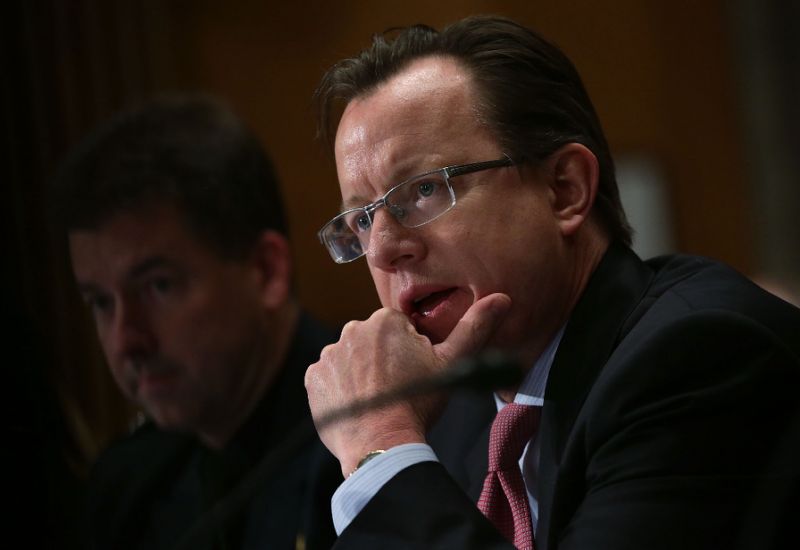Washington-The U.S. State Department has admitted that Iran remains the leading state sponsor of terrorism globally, while it considered ISIS the biggest terrorist threat in the world.
In its yearly Country Reports on Terrorism, the Department said terrorist attacks took place in 92 countries in 2015. But the total number of such assaults decreased by 13 percent when compared to 2014.
Other than Iran, the report considered Syria and Sudan as state sponsors of terrorism.
“The global terrorist threat continued to evolve rapidly in 2015, becoming increasingly decentralized and diffuse,” it said.
At a press conference he held at the U.S. State Department on Thursday night, Acting Coordinator for Counterterrorism Justin Siberell provided an overview of key aspects of the 2015 Country Reports on Terrorism.
“We’re concerned about a wide range of Iranian activities to destabilize the region and that includes, certainly, their support for some of these allied groups, proxy groups that operate in Iraq and in Bahrain and in various parts of the Gulf region,” said Siberell.
“There’s a serious concern about Iran’s activities in Yemen,” he added.
The report on Iran’s activities adds to criticism directed at the West over the nuclear deal. Last January, Secretary of State John Kerry acknowledged in the Swiss town of Davos that some of the money Iran received in sanctions relief would go to groups considered terrorists.
“ISIS remains the greatest terrorism threat globally,” said Siberell, adding 40 percent of the territory ISISI once controlled in Iraq had been liberated.
The U.S. official told reporters that countries across the international community led by the U.S. have mobilized to put in place fundamental reforms to address the supply and transit of foreign terrorist fighters attempting to reach the conflict in Syria and Iraq.
Forty five countries have passed or updated existing laws to more effectively identify and prosecute foreign terrorist fighters.
Siberell refused to use the term radical Islam when describing ISIS.
“When we talk about terrorism – and this report is about country reports on terrorism – there is no association with any particular religion when we look at the issue of terrorism broadly,” he said.
ISIS has expanded in some places, the official said in response to a question. “They have in a couple of different ways – one, by inserting operatives into other theaters, notably into Libya, where you’ve seen leaders come out of Iraq and Syria and seek to associate with preexisting radicalized groups in Libya.”
“But they’ve also associated themselves with existing organizations – we saw that with Boko Haram, of course – and thereby expanding their reach.”
“Those external attacks that I alluded to, including in Paris and then in this year, of course, in Brussels, are evidence of a commitment as well to commit attacks outside of that central battlefield,” he added.
While expressing concern about the ISIS threat from expanding around the world, the official said: “I think we have to remain vigilant, certainly. I mean, this is a group that does espouse a philosophy and an ideology that is global in its intent …. So clearly, it’s a global concern and we require a global response to address it.”
“Syria is a state sponsor of terrorism, as identified in the report, and the Assad regime is responsible for the – in its refusal to engage in any kind of meaningful negotiation has driven the conflict. And that conflict itself has served as the enabling environment in which ISIS and other organizations have arisen,” he said.
“And frankly, the conflict itself is the threat, and that’s why it is so important – these efforts underway – to bring an end to it and to find a negotiating solution to that – to that conflict in Syria,” he added.
